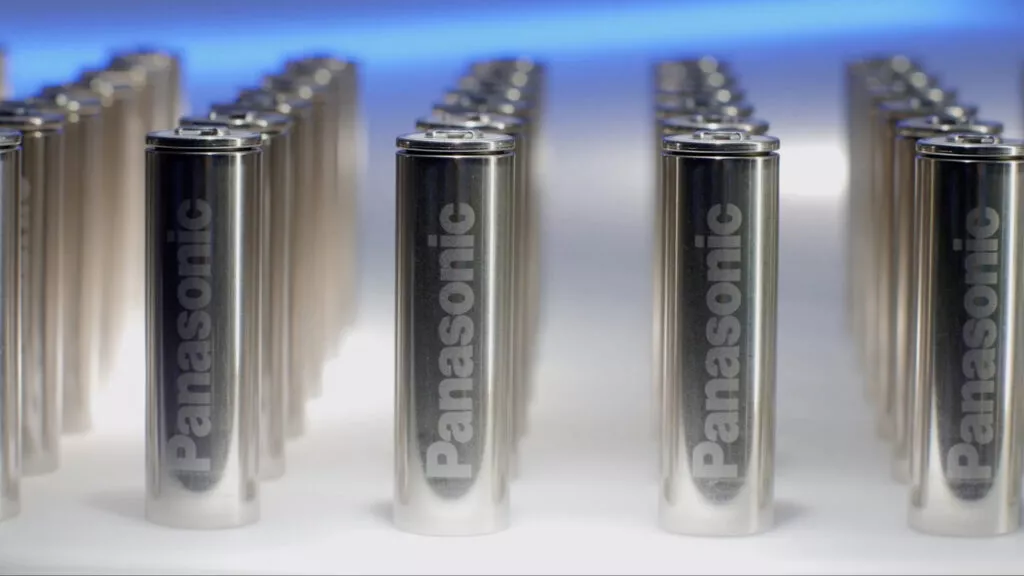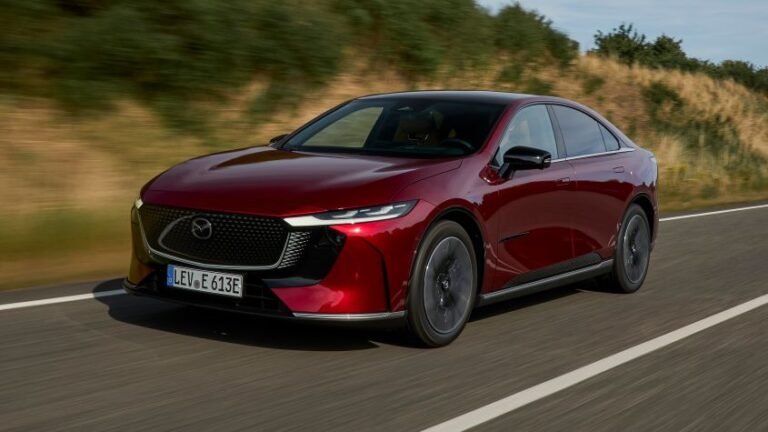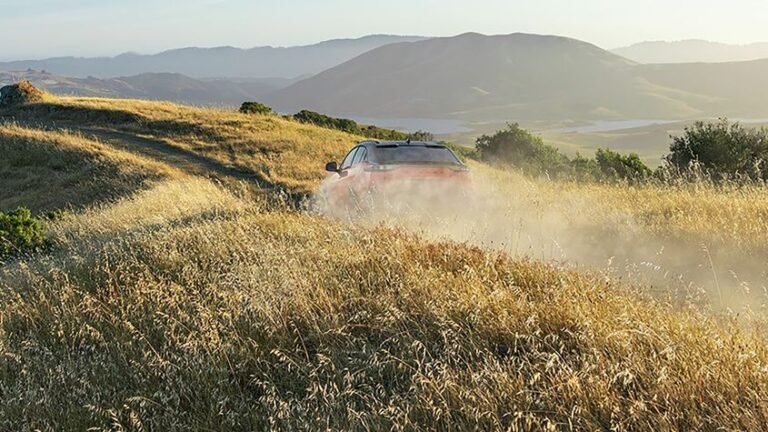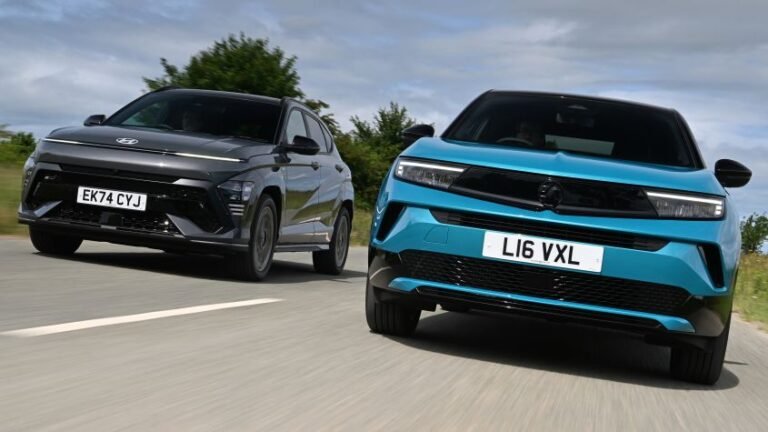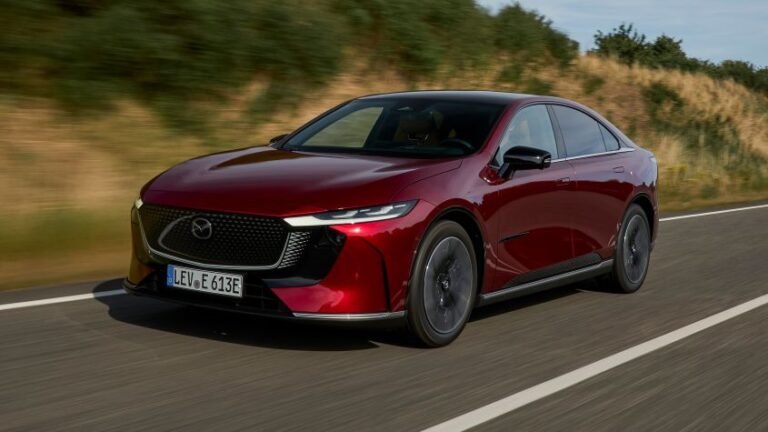

- Panasonic wanted to boost production to 30 GWh worth of EV batteries by March 2027.
- The technology giant has been supplying Tesla with batteries since the first-gen Roadster.
- Last year, Panasonic canceled plans to establish a third battery plant in the US.
Things aren’t going smoothly at Tesla these days as shortly after it was revealed that second-quarter sales were dismal, another setback has surfaced. Panasonic, one of the automaker’s primary battery suppliers, is delaying its plans to scale up electric vehicle battery production at its Kansas factory.
Read: Tesla Sales Crash Deepens As Rivals Eat Into Market Share
Initially, Panasonic had planned for the factory to reach full production of 30 GWh worth of EV batteries by March 2027. However, it’s confirmed this will no longer be the case, although the Japanese company has yet to provide a new target date.
Investment Slows as Demand Plateaus
Panasonic’s plant is its second battery site in the United States, and roughly $4 billion has been invested in it. Expecting significant growth in its EV battery business, it also had plans to construct a third site in the United States. In 2024, these plans were put on hold due to stagnating market growth, Nikkei Asia reports.
Tesla is likely partly to blame. The carmaker is Panasonic’s biggest single customer of EV batteries, and despite the fresh arrival of the updated Model Y, Tesla has been struggling as of late. Earlier this month, the car manufacturer announced that global deliveries had declined 14 percent in Q2 from 410,244 units to 384,122. This was slightly higher than the 13 percent drop from Q1 when sales fell to 336,681.
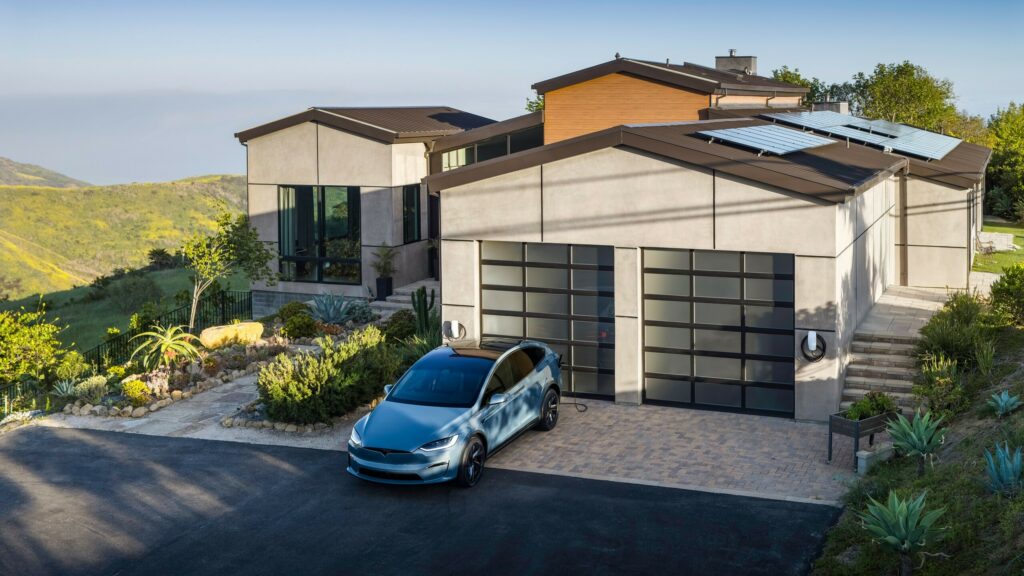
The Model 3 and Model Y remain by far and away Tesla’s best-selling models, accounting for 373,728 of the vehicles it delivered in the second quarter. By comparison, the Model S, Model X, and Cybertruck accounted for just 10,394 combined sales.
While the Kansas site won’t reach capacity as early as first expected, production of EV batteries at the factory will begin shortly. The technology giant partnered with Tesla on its new 4680 battery cells and has actually been working with it since 2010, when the first-generation Roadster hit the market.
